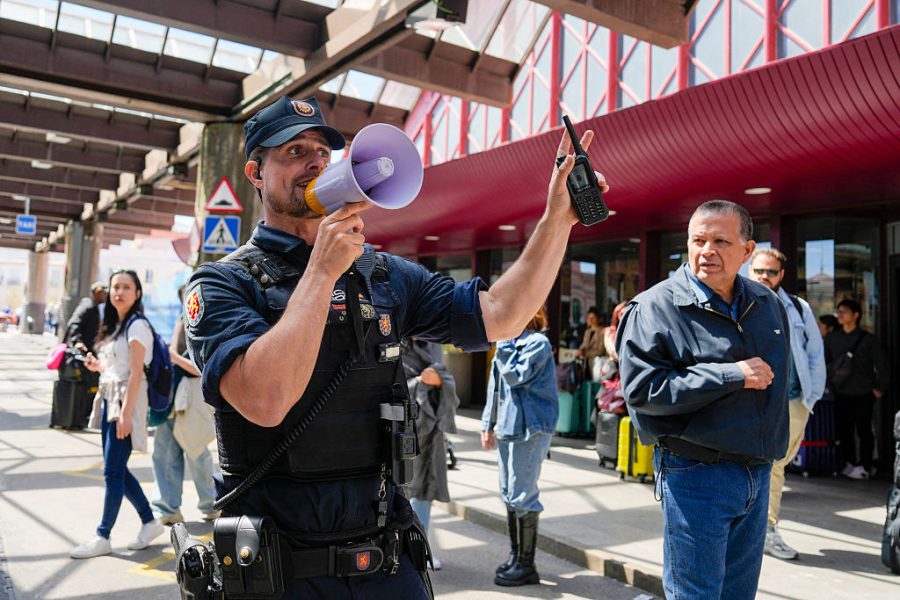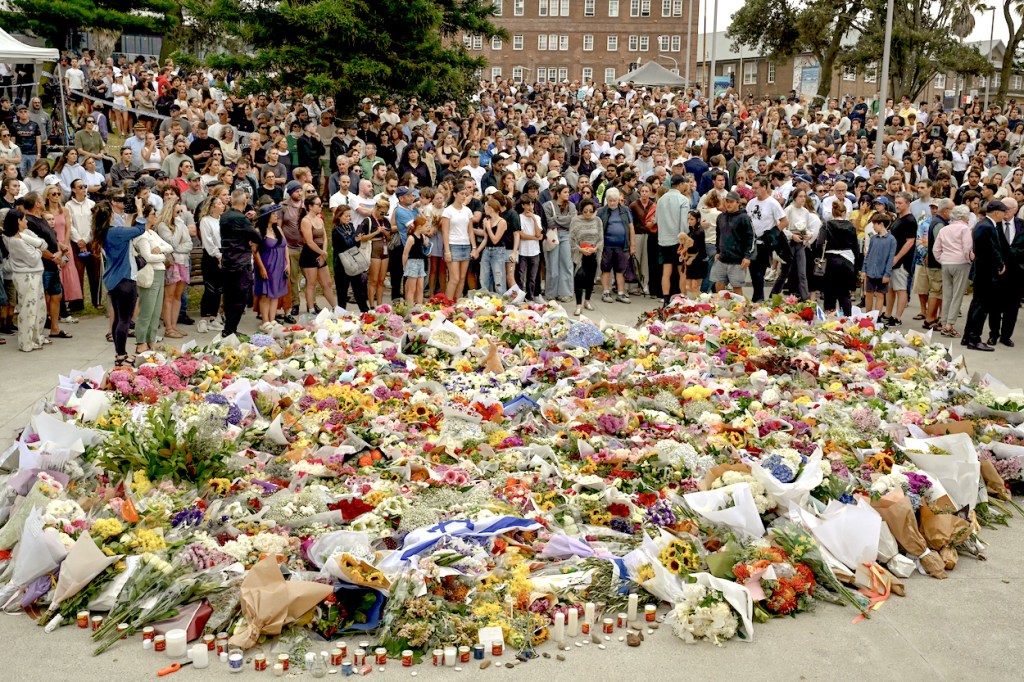By six o’clock this morning, electricity had been restored to 99 per cent of Spain. Restoring people’s sense of security and a full return to normality, however, will take much longer. Portugal has been similarly affected as, briefly, were parts of southern France.
The sudden outage occurred at 12.33 p.m. yesterday, leaving Madrid without electricity for hours. Where I am in Ávila, seventy miles from the capital, the lights didn’t come on again until 1.30 in the morning.
Spain’s prime minister Pedro Sánchez said that an investigation was being carried out into the ‘sudden’ loss of electricity generation. ‘It has never happened before,’ he said yesterday evening. ‘All state resources have been mobilised from minute one.’
That didn’t, of course, prevent opposition leader Alberto Feijóo complaining. At 4.50 p.m. yesterday, when Sánchez had still not yet addressed the nation, he deplored the lack of information given to citizens: ‘It is very important that the electricity blackout is not compounded by the government’s information blackout.’ He later reiterated his complaint but added that the government could, of course, count on his party’s support. He also expressed his ‘solidarity’ with citizens, especially with those suffering ‘very distressing situations’.
There were scenes of chaos all over Spain, especially in the major cities. In Madrid, by 2 p.m., people had poured out of the underground into the streets. The city centre, reports El País, Spain’s centre-left newspaper of record, had become a flood of people ‘wandering around like headless chickens’. For many, the only way home was on foot and without Google Maps, they were at a loss. Despite the huge traffic jams which formed, it was a good day for taxi drivers – although with no functioning traffic lights, driving was not easy. Huge queues formed at supermarkets as people rushed to buy bread and fuel for barbecues.
Here in Ávila, people rushed to buy batteries for their battery-operated radios. Some of the shops promptly hiked the price from €3 (£2.55) to €10 (£8.50). There was panic when the hospital’s emergency heating system kicked in, emitting clouds of smoke; from a distance it seemed as if the hospital was on fire. In fact, though, there was no problem at all. There was a total news blackout (no radio) for eight minutes, apparently.
All over Spain, public transport faced disruptions – often for many hours – and mobile phone networks went offline. Sánchez said that some 35,000 people had been rescued from trains, but many were still stranded eleven hours after the outage. At the airports hundreds of flights were either delayed or cancelled. Fortunately, many of the nation’s hospitals were oases of calm, thanks to their backup generators. Many people were trapped in lifts. No information regarding casualties and fatalities is yet available.
This morning, Sánchez reconvened with the National Security Council, chaired by King Felipe VI, to assess the ongoing situation. The cause of the blackout remains unclear, with Sánchez affirming that all possible explanations continue to be investigated.







Comments